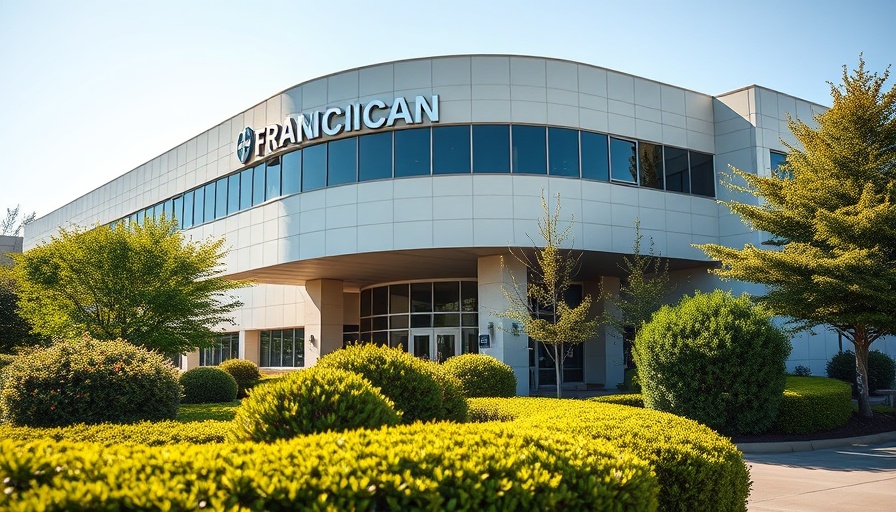
Rural Healthcare Under Threat: The Case of Franciscan Health Rensselaer
The recent decisions by both federal and state governments to propose extensive cuts to Medicaid and Medicare funding have raised alarms among rural healthcare providers. Franciscan Health officials in Rensselaer, Indiana, have emphasized that their hospital will remain operational despite the looming budget cuts. However, the potential repercussions from these financial adjustments could resonate across countless rural hospitals nationwide. Officials warned that the cuts could jeopardize not just their facility but also the health of communities depending on similar institutions for necessary medical services.
The Lifeline of Medicaid and Medicare
“These programs are lifelines for rural hospitals like ours,” stated Franciscan Health officials, highlighting the pivotal role Medicaid and Medicare play in supporting healthcare access for many low- to moderate-income patients. Without adequate funding, hospitals could face dire decisions, such as scaling back services, laying off staff, or, in worst-case scenarios, closing their doors.
Understanding the Proposed Cuts
The background of these cuts stems from President Donald Trump’s recently passed healthcare legislation, popularly dubbed the “Big Beautiful Bill.” Designed to modify those funding flows, critics argue that this bill positions low-income healthcare access for additional strain. States now grapple with whether they should fill these expected funding gaps with their own resources, which often leads to hard choices that affect education, infrastructure, or taxation. These decisions could ripple into wider economic consequences beyond healthcare.
The Future of Rural Hospitals
While the doors of Franciscan Health Rensselaer remain open for now, the reality for many rural hospitals is precarious. A report identified the Rensselaer facility as one of twelve rural Indiana hospitals at significant risk due to heavy reliance on Medicaid. As these hospitals operate within thin margins, any reduction in federal support can lead to drastic operational changes. Among those other affected facilities include Daviess Community Hospital and Ascension St. Vincent locations across Indiana, many of which have reported negative operating margins for extended periods.
Navigating the Impacts of Healthcare Policy
Understanding the implications of these policy changes is crucial for seniors and caregivers relying on Medicare and Medicaid services. For individuals navigating the turbulent waters of healthcare finance, it’s vital to compare available options, such as various Medicare Advantage plans. Are there free Medicare Advantage plans available? How do they stack against traditional coverage? By recognizing these choices, seniors can better advocate for themselves and their families during a time when uncertainty looms large over rural healthcare.
Community Strength and Advocacy
The ongoing dialogue between healthcare leaders and local communities aims to forge strategies that could mitigate the negative impacts of these proposed cuts. Engaging with local representatives, promoting awareness about healthcare needs, and tapping into available resources can lead to improved outcomes. Hospitals such as Franciscan Health Rensselaer underscore the importance of maintaining open communication with patients and the community in navigating uncertain times.
Get Assistance with Medicare Options
For those looking to understand their Medicare benefits better, consider reaching out to your local Medicare Medicaid specialist. It’s essential to explore the top-rated Medicare Advantage coverage available in your area and take advantage of free Medicare Advantage plans that may be better suited to your needs. By doing so, you can make informed choices that fit your healthcare requirements.
Your Local Medicare Medicaid Specialist - Gain Your Best Plans - Friendly - Fast - Trusted - (231) 571-6100
 Add Row
Add Row  Add
Add 




Write A Comment